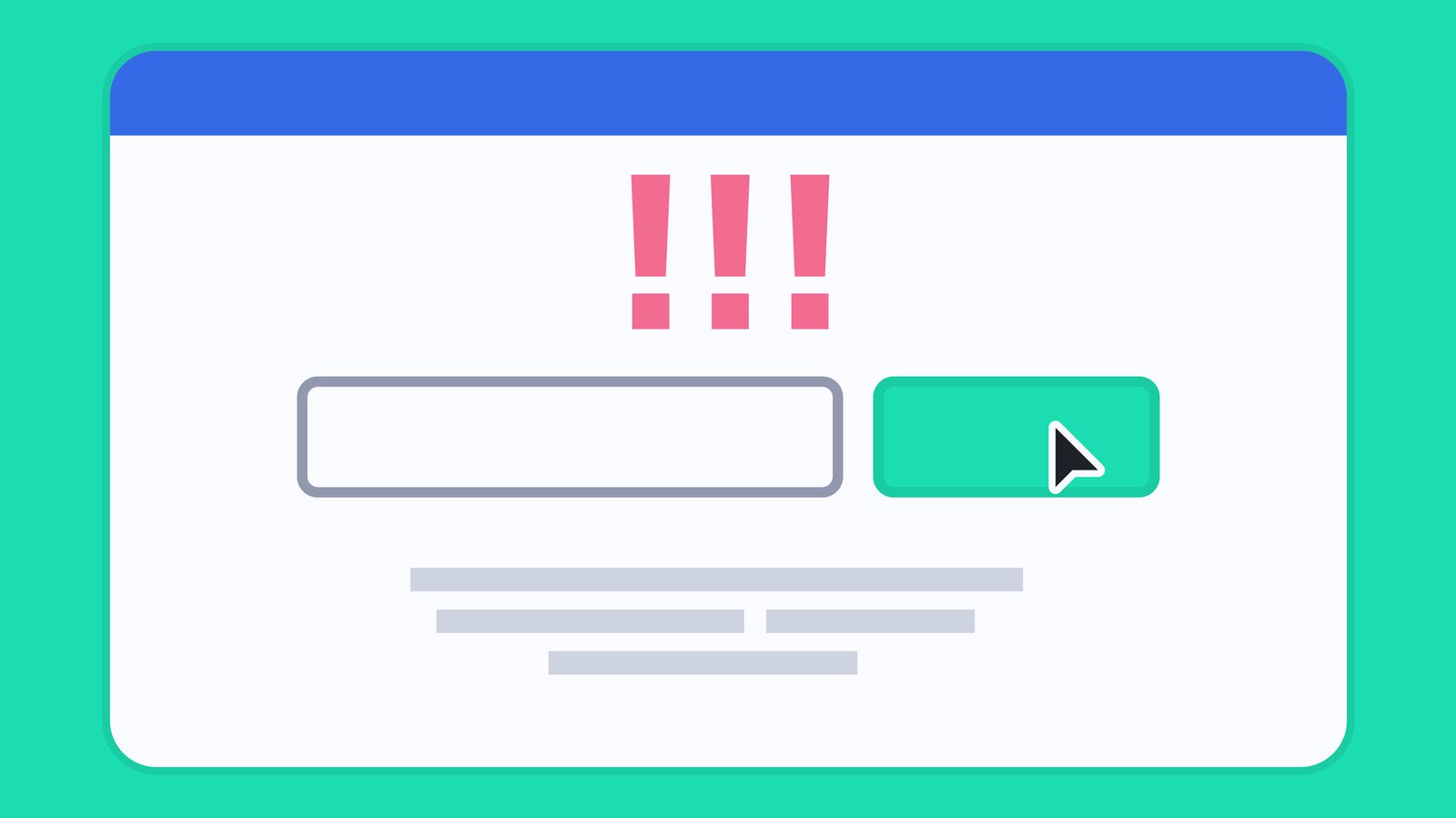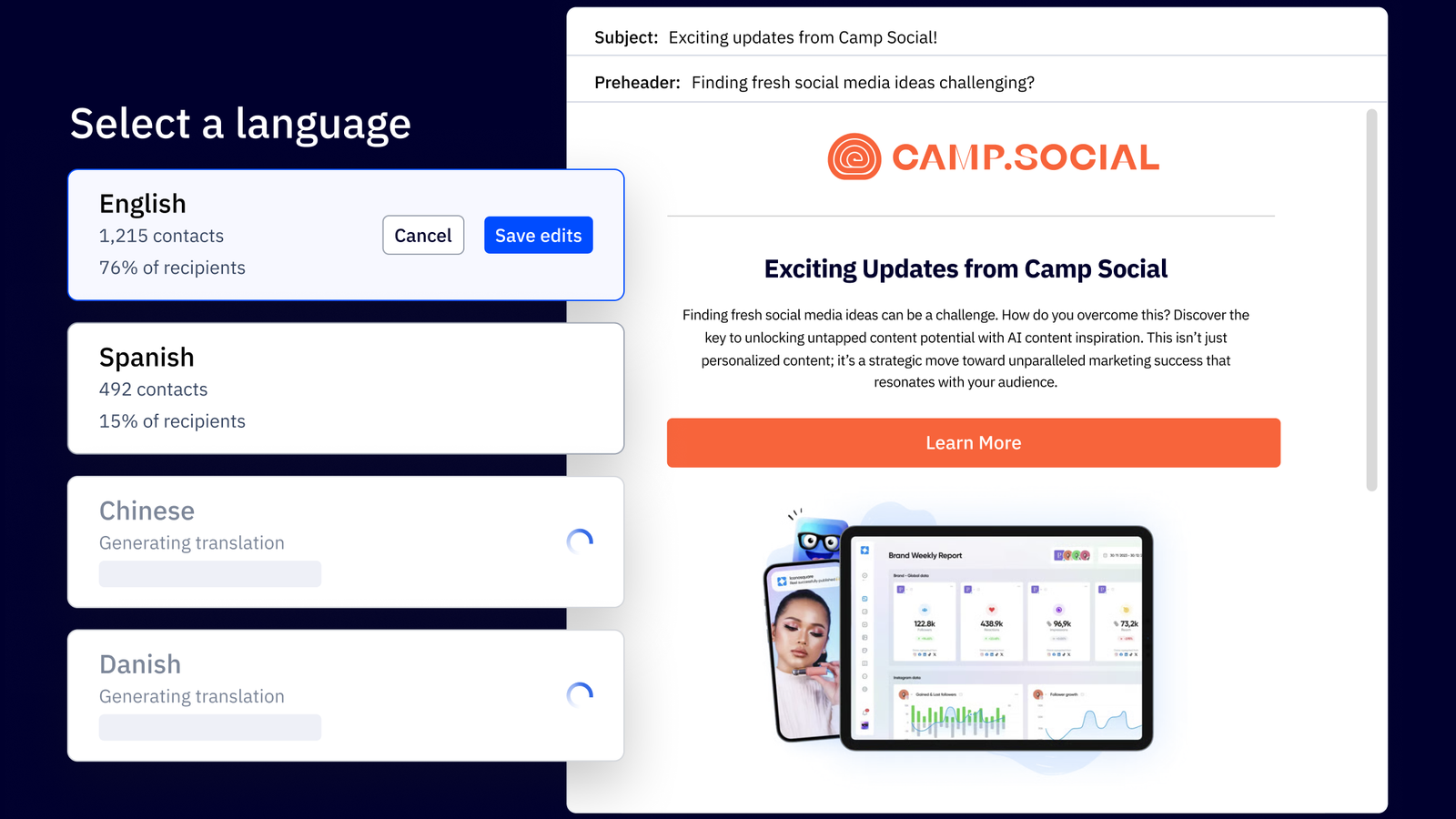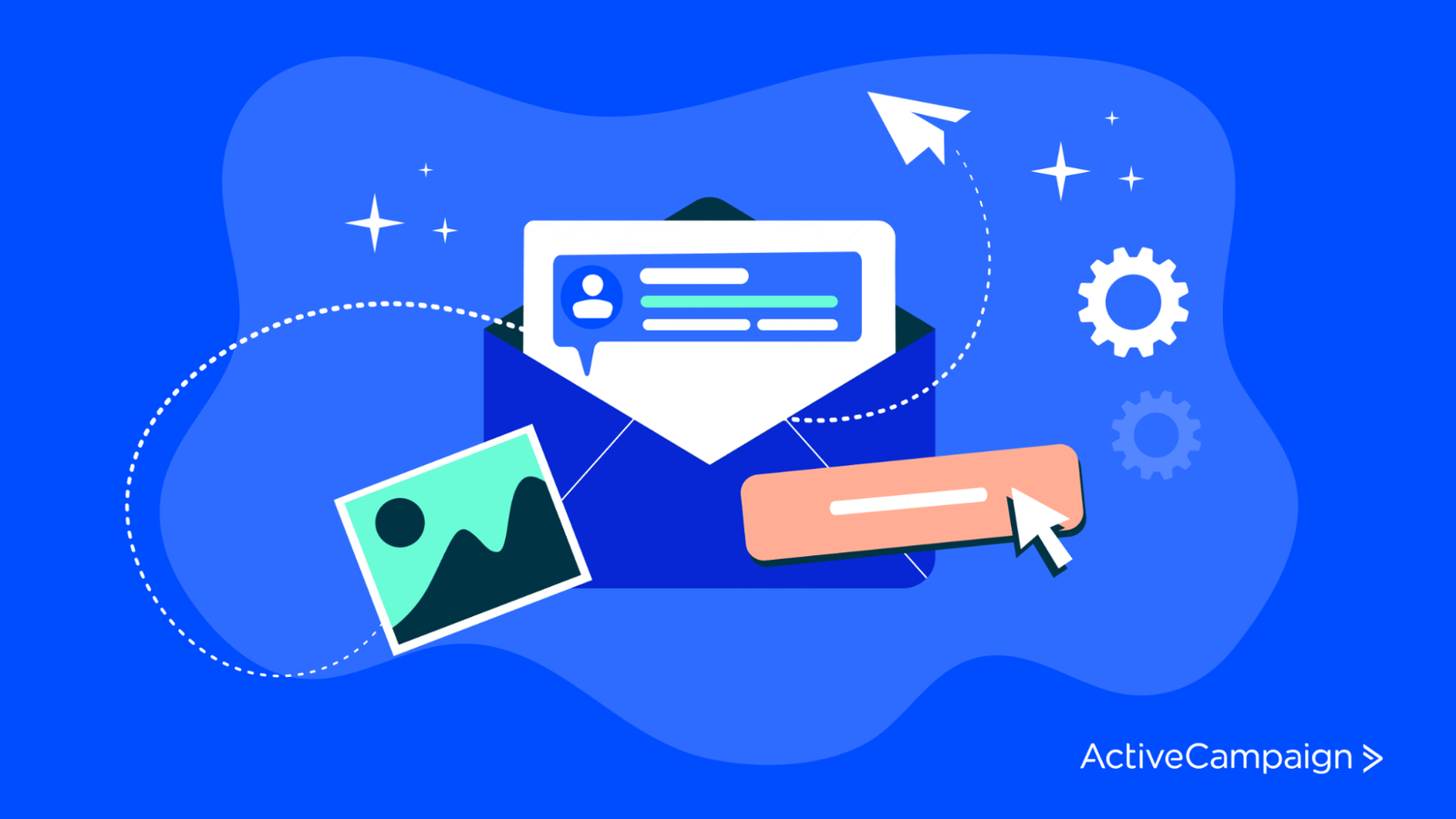While email marketing is a great tool to bring people to your site, you can't simply set up a newsletter and hope for the best. From subject lines to preheaders and A/B testing to personalization, there's a lot that goes into using email marketing effectively.
One of those tactics is trigger words–and there are a lot of ways to use them. Let's take a look at how you can use trigger words to convert more people on your email list.
What is a trigger word?
A trigger word is any word that drives someone to act. In copy, trigger words are words that push your reader to take action:
- Make a purchase
- Sign up for your email list
- Register for an account
- Download content
- Etc.
Trigger words engage your audience and cause an emotional reaction.
28 powerful trigger words (and why they work)
Use these words in your content to make it more powerful and compel your audience to act.
1. Boost
Everyone wants a boost, especially when it comes to sales and metrics. Boost carries a positive connotation of charisma, energy, and confidence.
2. Secret
A great way to grab your prospects’ attention and interest: imply you know something they don’t.
3. Limited
Scarcity makes nearly everything seem more valuable, encouraging your reader to act now — or risk missing out.
4. New
People are always looking for the next best thing: new strategies, new tools, new software, etc. Including the word “new” shows readers that you have the latest (and greatest) intel.
5. Free
Everyone loves free stuff. According to Professor Dan Ariely, the word free “gives us such an emotional charge that we perceive what is being offered as immensely more valuable than it really is.” This word can help you appeal to many different audiences at once.
Try it now, for free
6. Proven
If you offer a new idea, strategy, technique, or solution, you need to prove why it works. Using “proven” builds trust with your audience — just make sure you have the proof to back it up.
7. More
Who doesn’t want more money, more time, or more sales? “More” has a positive connotation that can drive decision-making.
8. Easy
Your audience wants a solution to their problem without having to put in painstaking levels of effort. Using “easy” offsets a potential objection — “this seems hard” — before the reader can raise it. This can be especially effective when writing for an audience with limited time and resources, like small business owners.
9. Imagine
Get in your reader’s head and paint a mental picture. If they can’t imagine themselves using your product or following your advice, they won’t buy.
10. Discover
Another way to tell your customers that you know something they don’t is to empower them to find out what it is.
11. Stop
A simple word that can cause a visceral reaction. What pain point can you alleviate for your customers?
12. Today
Build urgency by encouraging readers to act ASAP. Send the message that if they don’t act now, they’ll be missing out on something special.
13. How
This word lets the reader know you have the answer to the question keeping them up at night. “How to…” and “How X did Y” are powerful hooks that make people want to learn more.
14. Now
Another word that amps up urgency — and attainability. You have something valuable that your prospects can have right now if they click, sign up, buy, or subscribe.
15. Win
So many of us are driven by competition to succeed. Let your readers know that you can help them be the best.
16. Want
“Want” is more aspirational (and fun) than “need.” Show your readers that you understand their goals and can help them reach them.
17. Fix
You have the solution to your reader’s problem. Use “fix” to let them know.
18. Forever
A loaded word that makes a serious promise. Use it sparingly to let your readers know that your solution will provide lasting value.
19. Save
Almost everyone is driven to save time, money, or both. This can be especially effective when your audience’s time is a limited resource (small business owners, parents, students, etc.).
20. Unlock
Another word that implies exclusivity and secrecy. You have a resource that only the most worthy can access.
21. Need
Stronger than “want,” “need” implies a non-negotiable something that must be fulfilled. This word is inherently urgent and taps into something more visceral for your prospect.
22. Convert
Everyone wants to convert prospects into customers. If you write for a B2B audience, this is a common goal that your readers can all identify with.
23. You
Why should you use “you” in your writing? Directly addressing the reader makes them part of the story and creates a more effective, one-on-one conversation.
24. The
Throwback to English class: “The” is a definite article. When your product is the solution, it’s the only one. (If it’s a solution, it’s one of many potential alternatives.) Using “the” focuses your reader on a specific product or idea — and keeps them from thinking about alternatives.
25. Overcome
This word makes your reader the hero, capable of achieving anything. Give them the tools they need to overcome their obstacles and reach their goals.
26. Amazing
A powerful but overused word — use it sparingly. This works to introduce useful content that you’re sure will surprise and delight your prospects.
27. Yes
An essential expression of positivity. Think “Yes, we can!” or “Yes, you can achieve your dreams.” Your prospect knows you’re on their side.
28. Tired
Are you tired of reading this list of trigger words? Using the word “tired” shows empathy for your prospects’ struggles — and promises relief.
ActiveCampaign and Email Marketing
There are tons of ways to improve your email marketing performance. One way is to choose the right email marketing software.
ActiveCampaign is a great option if you want to improve deliverability, automation, and so much more.
Try it for yourself with our free trial–no credit card required.





